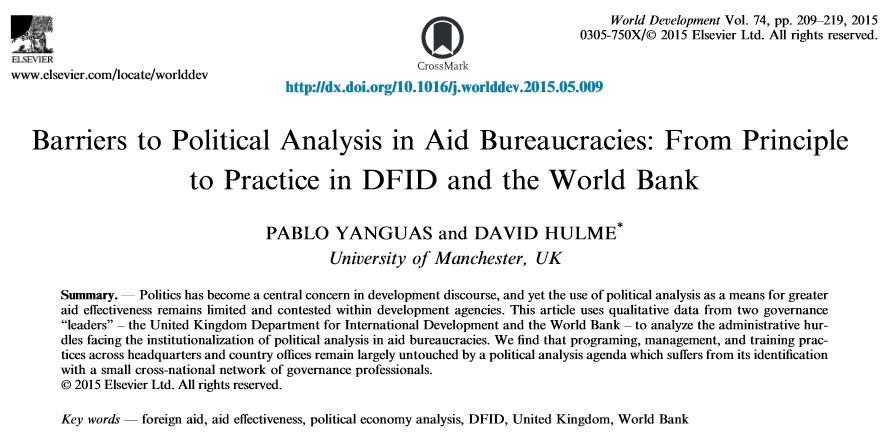Scholars of comparative politics have spent decades arguing over how to classify regimes around the world. To begin with, despite what the media and political rhetoric would have us believe, there are many shades of democracy and autocracy: presidential, parliamentarian or plebiscitarian democracies; strong-man, military, or single-party autocracies, and so on. But what Huntington termed the “third wave” of democratization led to a panoply of countries worldwide that moved away from dictatorship but did not quite reach the standards of democracy. Scholars in American political science wrote about “hybrid regimes”, using such labels as”competitive authoritarianism”, “electoral authoritarianism”, “illiberal democracy” – a veritable cottage industry of typologies which some authors called “democracy with adjectives”.
A core feature with this endless typological debate is its focus on the regimes of the last 50 years or so since decolonization. If you want to learn about regimes in a historical, comparative way you have to look elsewhere, and there are hardly better elsewheres than Samuel Finer‘s massive The History of Government from the Earliest Times (1997).

